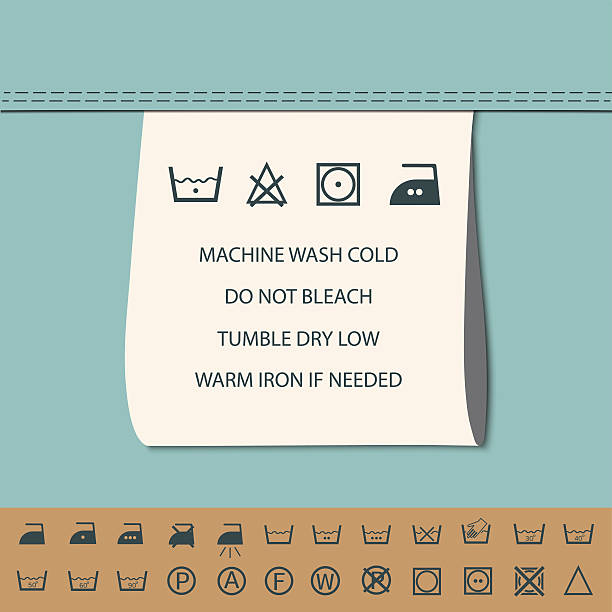what is a keto diet?
Date
Duration
3 min read

What do you mean by keto diet?
The keto diet is known as a very low-carb, higher-fat diet. It's comparable in many ways to other low-carb diets.
While you eat far more sporadic carbohydrates on a keto diet, you maintain balanced protein consumption and improve your fat intake. The reduction in carb consumption puts your body in a metabolic state called ketosis, where fat is burned for energy from your diet and body.
What does "keto" mean?
A "ketogenic" or "keto" diet is so termed because it induces one's body to generate small fuel fragments called "ketones."
This is an alternative fuel for your body that can be used when blood sugar (glucose) is in deficient supply. When you consume very few carbs or very few calories, your liver procreates ketones from fat. Particular ketones then work as a fuel origin throughout the body, primarily for the brain.
The brain is a greedy organ that consumes lots of energy, and it can't run on fat only. It can likewise run on glucose – or ketones.
Your entire body changes its fuel supply to run mostly on fat, burning fat all day long on a ketogenic diet. When the insulin levels drop very low, the fat burning can increase substantially. It becomes more manageable to obtain your fat stores to burn them off.
This is great if you're striving to lose weight, but there can also be other advantages, such as less hunger and a regular supply of energy — without the sugar peaks and gaps that often occur when eating high-carb meals. This may help keep you wide awake and focused.
When the body generates ketones, it enters a metabolic state called ketosis. The speediest way to get to this state is by fasting, not eating anything, but no one can consistently fast forever.
A keto diet also results in ketosis and can be followed endlessly. It has many of the perks of fasting – including weight loss – without having to fast long term.


Is it practical for weight loss, and is it sustainable?
Ketogenic diets ordinarily do induce weight loss and may enhance insulin sensitivity in patients with diabetes. A ketogenic diet appears to achieve more meaningful long-term cuts in body weight related to a low-fat diet. However, the long-term success depends on your capability to modify your dietary habits once you start introducing a more stable and healthful approach to eating.
How are ketogenic diets used in a medical setting?
One formerly developed keto diet to treat epilepsy in children seems to reduce the recurrence of seizures. One should note that using the diet in these circumstances should not be ventured without the guidance of a specialized doctor. The diet was picked up by the mainstream media and marketed as a weight loss regime from these medical sources.
Who should be more careful about following a ketogenic diet?
People with diabetes, primarily type 1 diabetic, are at risk of complications if they try to follow a keto diet. For this reason, people with diabetes and anyone with a blood sugar control issue should consider the possible implications with their GP and healthcare team before boarding such a regime. Similarly, anyone with kidney disease or a family history of such should consult their GP.
What Happens To My Body
Your body is used to the simple cycle of cutting down carbohydrates and using them as energy. Over time the body has built up a stockpile of enzymes ready for this process and only has a few enzymes for dealing with fats – primarily to store them.
Suddenly, your body has to deal with the loss of glucose and boost in fats, which means building up a new supply of enzymes. As your body becomes urged into a ketogenic state, your body will readily use what's left of your glucose.
This means one will deplete your body of glycogen in the muscles – which can cause a lack of energy and general lethargy.
In the first week, many people report headaches, mental fogginess, dizziness, and inflammation. Most of the time, this results from your electrolytes being flushed out, as ketosis has a diuretic effect. Make sure you keep yourself hydrated and keep your sodium intake up.
You should go overboard with the salt – salt everything! Sodium will help with water retention and help replace electrolytes. For most, this temporary groggy feeling is the most significant danger you're going to face. It's called the "Keto Flu."






